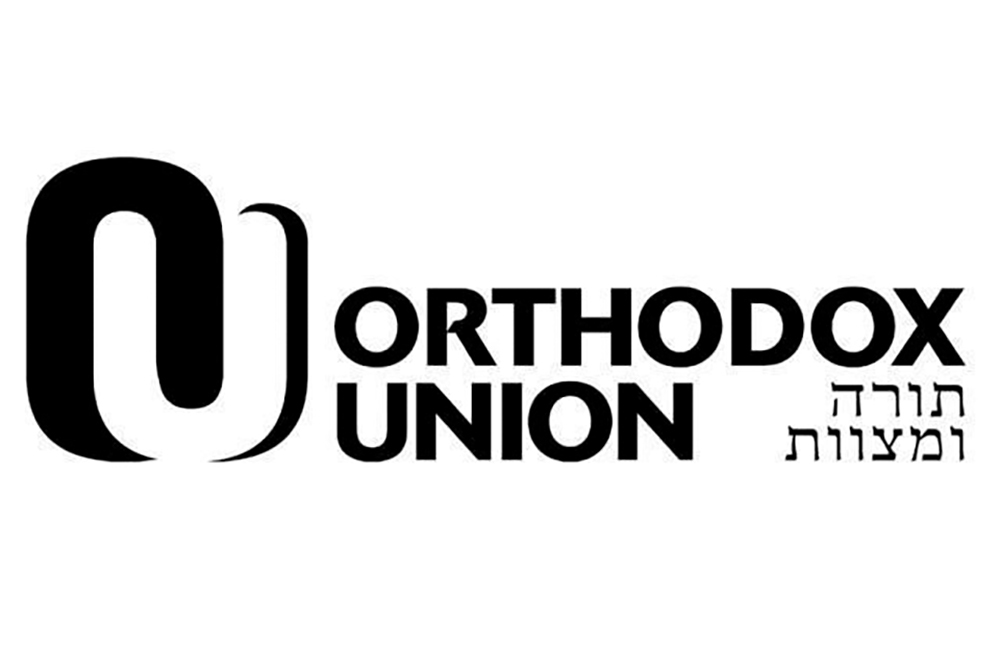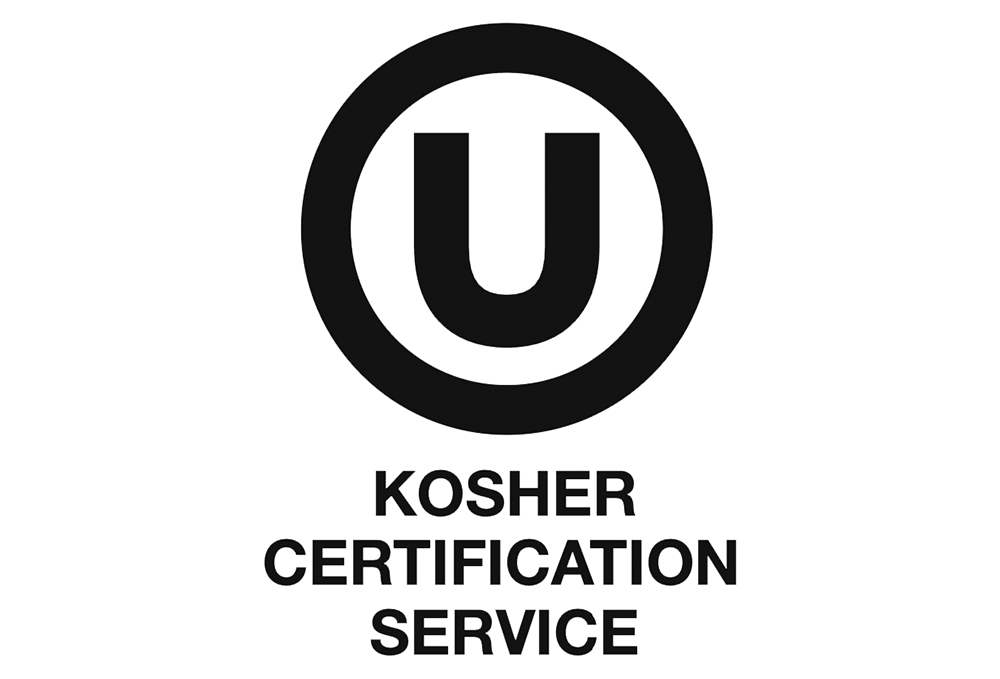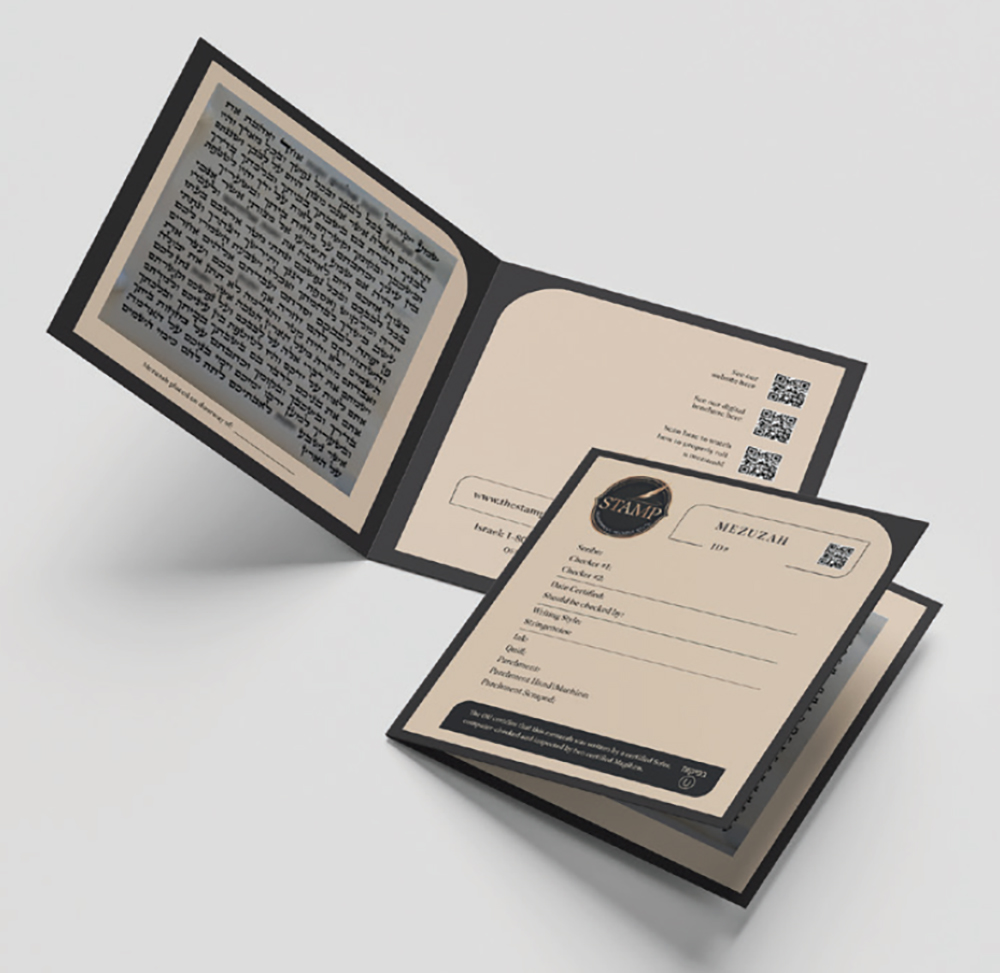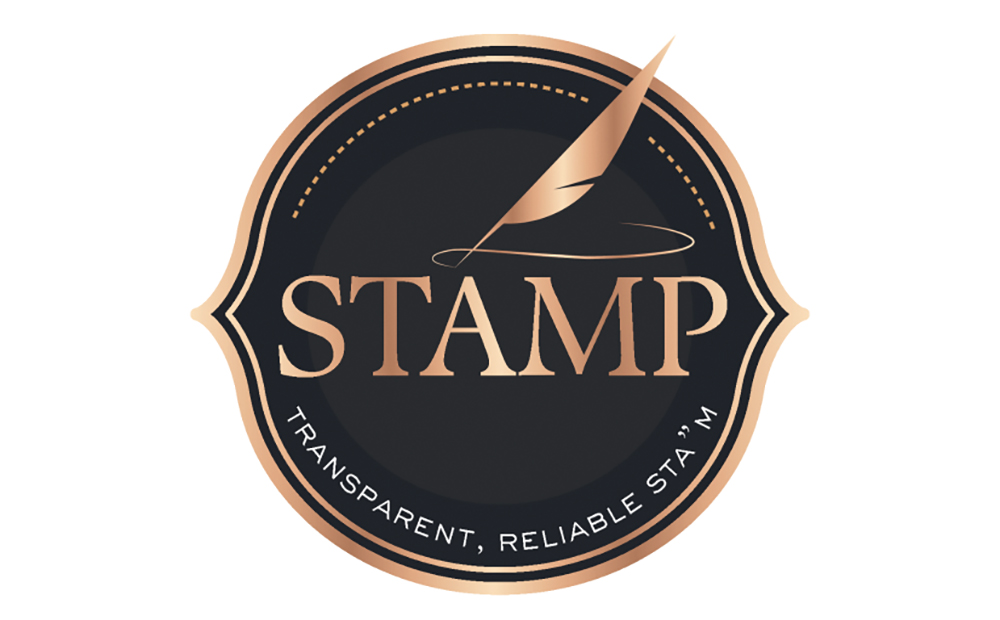
(Courtesy of the OU) It’s a situation which, Orthodox Union rabbanim say, unfortunately occurs far too often: A person invests in a number of beautiful new mezuzahs, sparing no expense to fulfill the mitzvah—never knowing that those mezuzahs may actually be pasul (disqualified) or, at best, kosher b’dieved (barely kosher).
“People involved in checking mezuzahs are finding too many mistakes at an alarming rate to continue relying on an assumption of kashrut moving forward,” said Rabbi Ezra Sarna. “At the end of the day, even the stores selling the mezuzahs don’t realize they may be selling something that is not up to par.”
Almost all of STa”M (Sifrei Torah, Tefillin and Mezuzahs/Megillahs) circulating in the world originate in Israel, which is home to the overwhelming majority of sofrim and magiim, trained experts in STa”M writing and inspection. The exponential population growth of the Orthodox community and increased engagement in religious life have generated a marked increase in demand for STa”M. This has led to a flooding of the supply market, with individuals producing and selling varying qualities of mezuzahs with limited assurance of kashrut for the consumer.

“There is currently insufficient oversight of the mezuzah industry,” said Rabbi Sarna. “Since the general public is largely unfamiliar with the complex halachot of STa”M, there is a significant risk that the mezuzahs sold on today’s market may not meet basic halachic standards.”
Rabbi Sarna said the potential for mistakes is tremendous.
“Each mezuzah contains over 700 letters, and multiple components. In many cases, if even one is off, the entire mezuzah can be pasul. Moreover, even if everything appears to be correct, it could still be pasul because of the manner in which it was written.”
Rabbi Avraham Lessin is the founder and director of STAMP (STa”M Project), a Jerusalem-based nonprofit funded in part by the Mayberg Foundation in Chevy Chase, Maryland. Launched in 2018 together with Louis and Manette Mayberg, an OU board member, STAMP aims to restore transparency and accountability to the world of STa”M through a rigorous quality assurance process.
“I am truly grateful to the Maybergs, who saw the positive change it could bring about for klal Yisrael and were willing to take a chance on a new venture,” said Rabbi Lessin.

Rabbi Lessin became aware of the issues affecting mezuzahs about 14 years ago, while working as a sofer and magia. “I realized that the industry had no system of checks and balances,” he said. “Because of that, there were problematic articles flooding the market which had never been properly reviewed or fixed. Together with the industry’s leading rabbanim, we created an infrastructure where STa”M articles pass a quality control stage before going out to the public.”
Recognizing the seriousness of this dilemma on a communal scale, the OU is partnering with STAMP to oversee the kashrut of mezuzahs as a communal service to the North American Jewish community.
OU Kosher is not only lending its extensive experience in the supervision of various processes and projects, but also its name and reputation to all mezuzahs confirmed kosher lechatchila (completely kosher) by STAMP, through the OU STa”M Pikuach Initiative. Accordingly, consumers can now ask for OU mezuzahs by name.
Rabbi Sarna said that in providing pikuach for mezuzot, the OU does not expect to eliminate every mistake, only to make them rare.
Under the guidance and supervision of STAMP’s rabbinic board comprising leading industry experts Rabbi Chaim Sperling, Rabbi Moshe Uri Bloi, Rabbi Yaakov Zions and Rabbi Reuvain Mendlowitz, all STAMP sofrim must pass tests confirming their halachic knowledge. They must also submit character references and writing samples to compare against the mezuzot they hand in, in order to ensure that they actually wrote them.
“Many magiim in Eretz Yisrael are remunerated per mezuzah and are incentivized to work as fast as they can,” said Rabbi Lessin. “STAMP also pays magiim per mezuzah, however our thorough inspection system eliminates the concern that mezuzot may not have been carefully scrutinized. That system comprises a chain of two separate magiim who check a completed mezuzah, which is then inspected by rabbonim, examined once again by both magiim and scanned by an AI-powered program.”

Once a mezuzah is deemed kosher lechatchila, it is packaged in a tamper-proof sleeve accompanied by a certificate of authenticity, which includes the mezuzah’s basic biography and history and contains a QR code leading to a high-quality image and additional information. The certificate also contains STAMP and OU logos.
Lest people now fear that all of their mezuzahs are pasul, OU Kosher’s Chief Operating Officer Rabbi Moshe Elefant stressed that the goal of the OU is not to cause undue panic.
“Based on our knowledge and halachic guidance, people do not have to replace mezuzahs if they don’t have any specific reason to believe they are not kosher,” he said. “However, we do believe very strongly that someone buying a mezuzah today should buy one that has an official seal of approval attached to it so that they are confident that it is kosher.”
Rabbi Sarna also emphasized that this initiative is not a profit-generating venture.
“The OU is lending its name and expertise to STAMP’s supervisory process and is not involved in buying and selling mezuzahs,” he said. “We’re trying to leave the regular capital system intact while simply educating the public in order to create a demand for mezuzahs with supervision, so the sofrim and mochrim (sellers) will stop at STAMP first.”
Rabbi Elefant added, “It’s not like someone at the OU devised a plan to make something that was always kosher, non-kosher. The proof is that we aren’t making any money with this initiative, nor do we wish to monopolize this space. Rabbi Lessin is our first valuable partner in this endeavor. We’re prepared to partner with any certifying group that is serious and able to do something to bring some order to this very difficult situation.”
Depending on their level of hiddur, OU-STAMP mezuzahs will range in price. While trying to keep expenses to a minimum, the added layers of review and accountability come at an increased cost.
“The reality is that if you want a mezuzah that’s authentic, trustworthy and properly reviewed and corrected, it will have to cost a little more,” said Rabbi Elefant. “This is a necessary expense. The Torah says that we must have mezuzahs on our doors. Having them brings protection and the Shechina into our homes. We should try to be sure that ours are 100 % kosher.”
To learn more about OU mezuzahs and to view a list of vendors who sell them, visit https://ou.org/mezuzah. To learn more about STAMP, visit www.thestamproject.org








